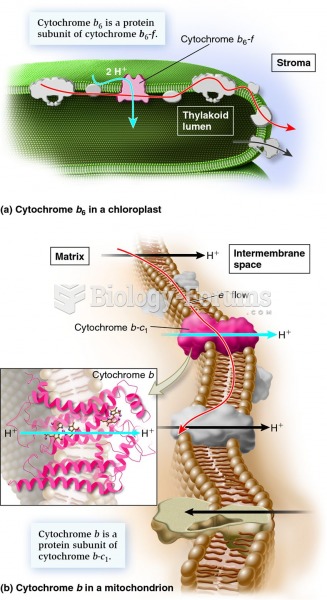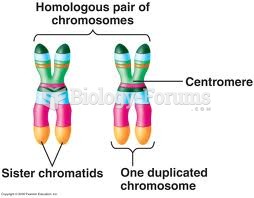This topic contains a solution. Click here to go to the answer
|
|
|
Did you know?
Autoimmune diseases occur when the immune system destroys its own healthy tissues. When this occurs, white blood cells cannot distinguish between pathogens and normal cells.
Did you know?
About 600,000 particles of skin are shed every hour by each human. If you live to age 70 years, you have shed 105 pounds of dead skin.
Did you know?
Oliver Wendell Holmes is credited with introducing the words "anesthesia" and "anesthetic" into the English language in 1846.
Did you know?
Symptoms of kidney problems include a loss of appetite, back pain (which may be sudden and intense), chills, abdominal pain, fluid retention, nausea, the urge to urinate, vomiting, and fever.
Did you know?
Excessive alcohol use costs the country approximately $235 billion every year.
 Charles Darwin may be dead and gone but a recent write-in campaign has pitted him against Republican
Charles Darwin may be dead and gone but a recent write-in campaign has pitted him against Republican
 Crossing over during meiosis leads to allele combinations in sex cells that are not present in the p
Crossing over during meiosis leads to allele combinations in sex cells that are not present in the p





